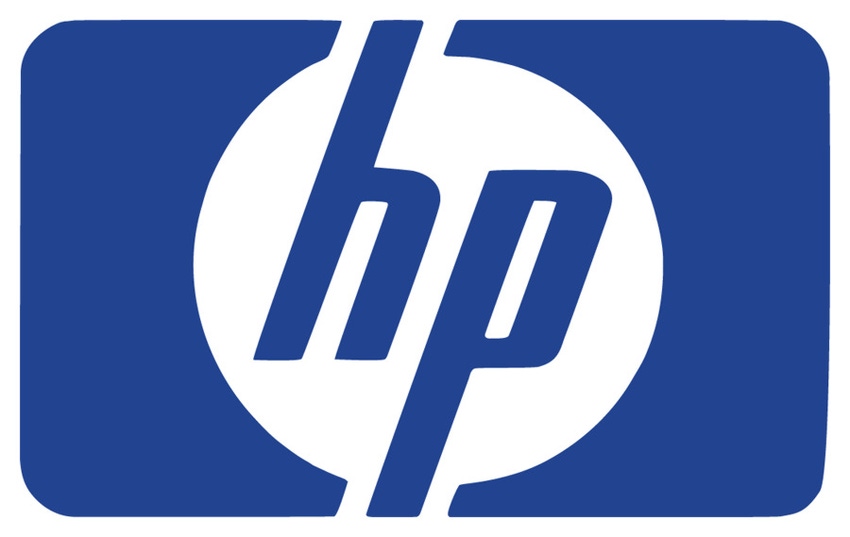HP and SAP announced they will jointly deliver instances of SAP S/4HANA applications on the HP Helion Managed Cloud. HP clearly has a lot of relationships with existing SAP customers. How many of those will migrate into the HP Helion cloud is anybody’s guess

While SAP may have selected IBM to host its implementation of SAP HANA in the cloud, the folks at Hewlett-Packard (HPQ) are not likely to cede a market where a significant portion of the SAP applications running on premise these days are installed on HP servers.
At the Sapphire Now conference this week, HP and SAP announced they will jointly deliver instances of SAP S/4HANA applications on the HP Helion Managed Cloud.
Jules Beck, vice president and general manager for Global SAP Services at HP Enterprise Services, said given the fact that most organizations prefer to customize their SAP applications, HP views provided private cloud implementations of S/4HANA applications as a major opportunity.
In contrast to the public cloud service that SAP is hosting on the IBM SoftLayer cloud, Beck said HP will focus on customers that want a custom implementation of those applications that provides them more control over the environment than a public cloud. SAP is making the case for using the standard edition of its applications in the cloud. In reality, most organizations run highly customized implementations of SAP applications. Beck said most of those customers are going to migrate to SAP HANA over an extended period of time because most of those applications invoke tables running on a relational database. But in an SAP environment that runs in memory there are no database tables. Given the impact a change of the magnitude that SAP HANA represents to the way business processes flow across the enterprise most organizations are going to be cautious when migrating to SAP HANA platform, said Beck.
In addition, Beck notes that HP expects to be able to leverage a massive bench of channel partners that have expertise in SAP applications. Those partners will be called upon to not only help customers make migrations to SAP HANA private clouds in collaboration with HP Enterprise Services, but also deliver custom applications on top of HP’s implementation of the Cloud Foundry platform-as-a-service (PaaS) environment, said Beck.
Beck also said that unlike a public cloud computing environment, HP will be focused on providing each customer with its own set of optimized infrastructure in the cloud as part of an “extreme specialization” that HP is wrapping around the HP Helion cloud platform.
For all intents and purposes, Beck said migrations to SAP HANA in the cloud will be by definition am instance of hybrid cloud computing. Most organizations are going to make that migration one SAP applications at a time. For that reason Beck said customers will be looking to HP to provide managed services that span both the on premise and cloud implementations across a suite of federated SAP applications.
Naturally, it remains to be seen how the migration to SAP HANA in the cloud will actually play out. HP clearly has a lot of relationships with existing SAP customers. How many of those will migrate into the HP Helion cloud is anybody’s guess. But the one thing that is for sure is that HP intends to aggressively make a case for managed private clouds that are a whole lot more customizable than any public cloud could ever hope to be.
About the Author(s)
You May Also Like


